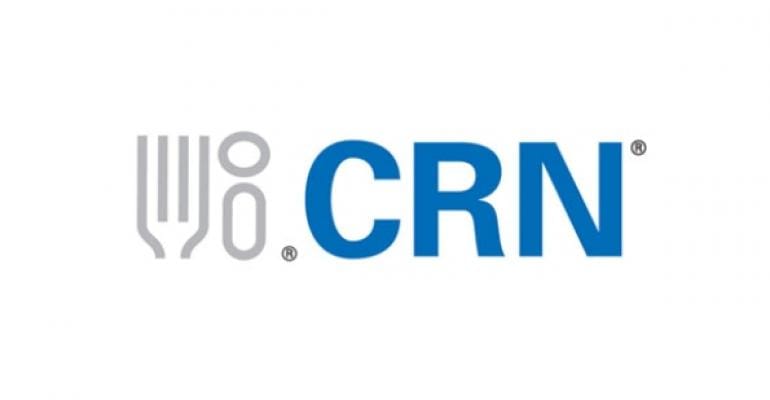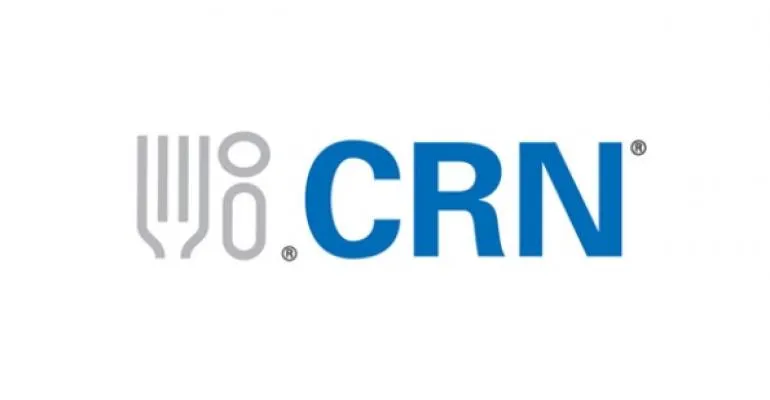WASHINGTON — In response to the Supreme Court’s decision in Amarin Pharma v. International Trade Commission (ITC), issued December 6, the Council for Responsible Nutrition (CRN), the leading trade association for the dietary supplement and functional food industry, issued the following statement.

Statement by Megan Olsen, assistant general counsel, CRN:
“CRN applauds the Supreme Court’s action to deny Amarin Pharma Inc.’s petition for a writ of certiorari, upholding the Federal Circuit’s previous decision of the case. This decision maintains FDA’s proper jurisdiction to interpret and enforce the provisions of the Food, Drug and Cosmetic Act (FDCA), including the complex question of whether or not a substance is a dietary supplement. The industry was first confronted with this case in 2017 when Amarin asked the International Trade Commission (ITC) to declare concentrated EPA fish oil to be a drug and to prohibit its importation for use in supplements.
CRN has been fighting this case from the beginning to maintain FDA’s exclusive jurisdiction over the FDCA, protect legitimate manufacturers selling fish oil supplements, and ensure consumers have access to concentrated omega-3 fish oil supplements without a prescription. This case has been a win for the dietary supplement industry at every stage, and the win has been upheld with the Supreme Court’s most recent action denying cert. CRN is pleased to see that the Federal Circuit’s decision will be upheld.”
Timeline:
- August 2017: Amarin Pharma Inc. and Amarin Pharmaceuticals Ireland Ltd. file a complaint with the ITC against 18 manufacturers of concentrated EPA omega-3 fish oil supplements and companies that market concentrated EPA omega-3 dietary supplements.
- September 2017: CRN files two separate legal briefs with the ITC urging them to reject the investigation, urges FDA to weigh in on the usurpation of its authority to determine what is a supplement under federal law, and sends letters to Congress to get involved.
- October 2017: FDA issues letter of opposition reinforcing CRN’s argument that Amarin “crossed a legal boundary” by seeking to bypass the agency’s rightful authority to interpret federal food and drug laws to determine what is a drug and what is a dietary ingredient.
- The ITC makes the decision not to pursue the investigation requested by Amarin into concentrated EPA omega-3 fish oil supplements.
- December 2017: Amarin appeals the ITC decision to the U.S. Court of Appeals for the Federal Circuit.
- March 2018: CRN and the Global Organization for EPA and DHA Omega-3s (GOED), submit an amicus brief to the U.S. Court of Appeals for the Federal Circuit addressing the Amarin’s appeal and emphasizing the importance of FDA’s jurisdiction over this matter.
- May 2019: The U.S. Court of Appeals for the Federal Circuit affirms the ITC’s decision not to investigate Amarin’s complaint that alleged certain types of concentrated omega-3 fish oil products were not dietary ingredients and could not be imported as dietary supplements.
- July 2019: Amarin submits a petition for a writ of certiorari that asks the Supreme Court to review the U.S. Court of Appeals for the Federal Circuit’s decision to affirm the ITC’s decision not to investigate Amarin’s complaint.
- December 2019: The Supreme Court denies Amarin’s petition for a writ of certiorari.





